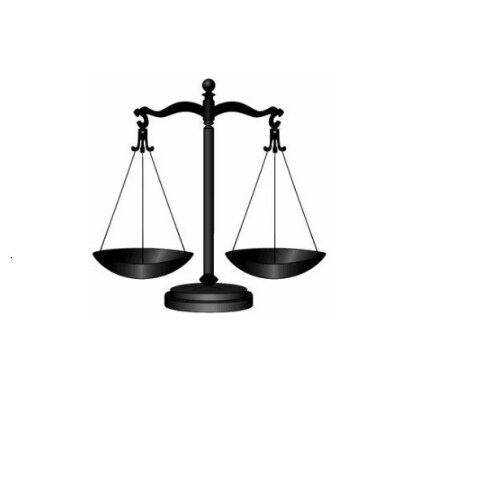Best Discrimination Lawyers in Port Harcourt
Share your needs with us, get contacted by law firms.
Free. Takes 2 min.
List of the best lawyers in Port Harcourt, Nigeria
About Discrimination Law in Port Harcourt, Nigeria
Discrimination, in any form, is a societal issue that Nigeria, including Port Harcourt, is contending with. Discrimination on the grounds of ethnicity, gender, religion and socio-economic background is prohibited by Nigeria's 1999 Constitution. Despite the legal framework in place, many cases continue to occur, requiring professional legal support to address properly.
Why You May Need a Lawyer
You may need a lawyer if you believe you have been unfairly treated or denied rights based on factors such as gender, ethnicity, age, religion, political beliefs, disability, or socio-economic status. Lawyers specializing in discrimination laws will help you understand your rights, guide you through the legal process and provide advice on the potential outcomes of your case. Without a lawyer, it can be difficult to navigate the complex issues and procedures associated with a discrimination case.
Local Laws Overview
The main legal instrument against discrimination in Nigeria is the 1999 Constitution. It explicitly prohibits any form of discrimination against Nigerian citizens on the grounds of ethnicity, gender, religion, and political beliefs. There's also the National Human Rights Commission (NHRC), which provides platforms for reporting and investigating cases of discrimination. However, it's beneficial to consult a lawyer who is familiar with the local laws and regulations in Port Harcourt for accurate advice and guidance.
Frequently Asked Questions
What does discrimination law cover?
Discrimination law covers any case or situation where an individual or group are treated less favorably or unjustly on the grounds of their characteristics such as ethnicity, gender, age, religion, political beliefs, or socioeconomic status.
Is discrimination a crime in Port Harcourt?
Yes. According to the Nigerian Constitution, discrimination is illegal and individuals who discriminate can be held liable under the law.
Can I report a case of discrimination without a lawyer?
Yes, you can report a case of discrimination to the local authorities or the NHRC. However, legal guidance is important in understanding the full range of your rights and how to present your case effectively.
What should I expect if I decided to take legal action?
Legal action in discrimination cases can be a long process involving collection of evidence, court appearances and potential negotiations. Hiring a legal professional can provide guidance, represent your interests and advocate for your rights throughout this process.
What can a lawyer do for me in a discrimination case?
A lawyer can guide you through the legal process, informing you of your rights, collecting and analyzing evidence, representing you in court, and negotiating on your behalf. They also give advice on potential outcomes and strategies for your case.
Additional Resources
The National Human Rights Commission (NHRC) and Legal Aid Council of Nigeria are great resources for victims of discrimination. They provide information, investigate human rights abuses, and offer free legal services for those who can't afford to hire a lawyer. Various non-governmental organizations, like Access to Justice and Lawyers Alert, also provide resources and support for victims of discrimination.
Next Steps
If you believe you are a victim of discrimination, your next step should be to gather all information and evidence related to the discriminatory act. Then, contact a local attorney that specializes in discrimination law for a consultation. After accessing and understanding your situation, they can guide you on the best next steps to take. You can report the case to the NHRC or other responsible authorities. Remember, it's crucial to act promptly and not let any form of discrimination go unnoticed or unpunished.
Lawzana helps you find the best lawyers and law firms in Port Harcourt through a curated and pre-screened list of qualified legal professionals. Our platform offers rankings and detailed profiles of attorneys and law firms, allowing you to compare based on practice areas, including Discrimination, experience, and client feedback.
Each profile includes a description of the firm's areas of practice, client reviews, team members and partners, year of establishment, spoken languages, office locations, contact information, social media presence, and any published articles or resources. Most firms on our platform speak English and are experienced in both local and international legal matters.
Get a quote from top-rated law firms in Port Harcourt, Nigeria — quickly, securely, and without unnecessary hassle.
Disclaimer:
The information provided on this page is for general informational purposes only and does not constitute legal advice. While we strive to ensure the accuracy and relevance of the content, legal information may change over time, and interpretations of the law can vary. You should always consult with a qualified legal professional for advice specific to your situation.
We disclaim all liability for actions taken or not taken based on the content of this page. If you believe any information is incorrect or outdated, please contact us, and we will review and update it where appropriate.










